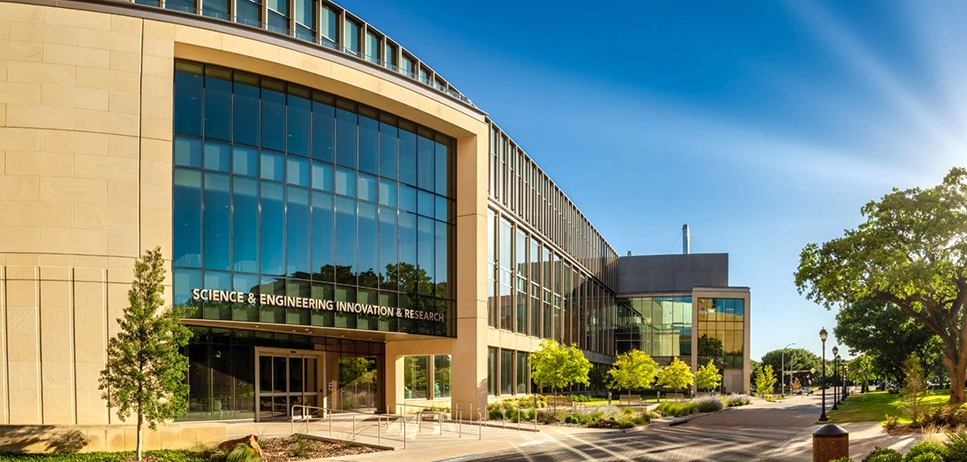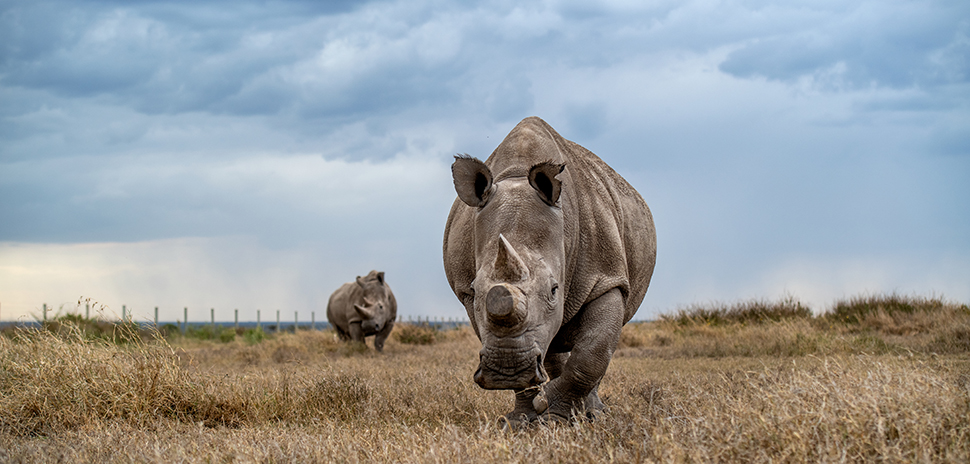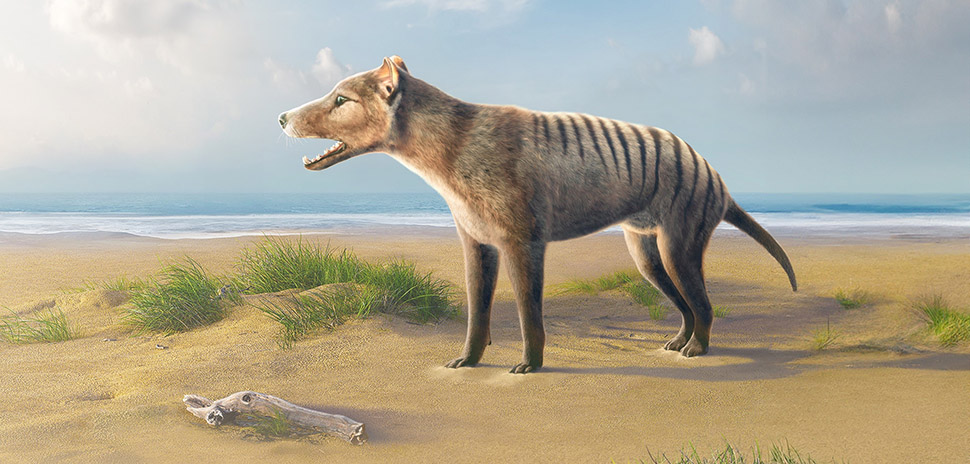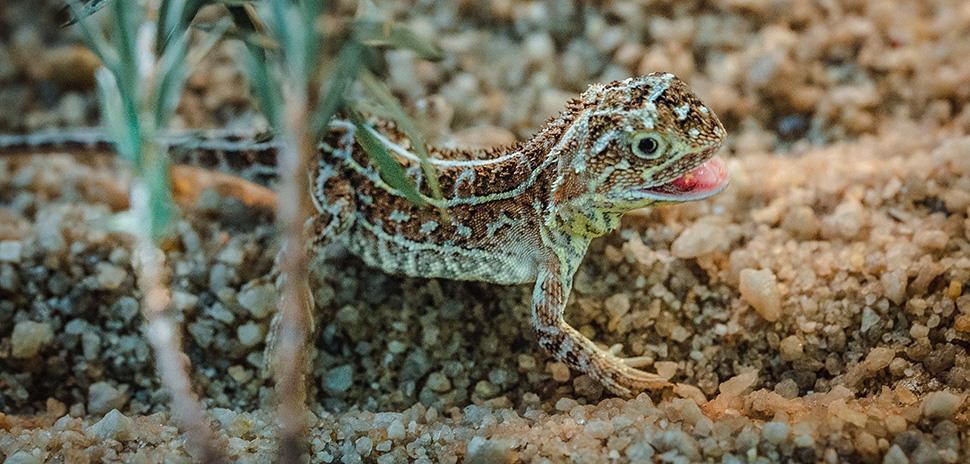Colossal Announces $7.5M in New Investments in Ancient DNA Academic Research » Dallas Innovates
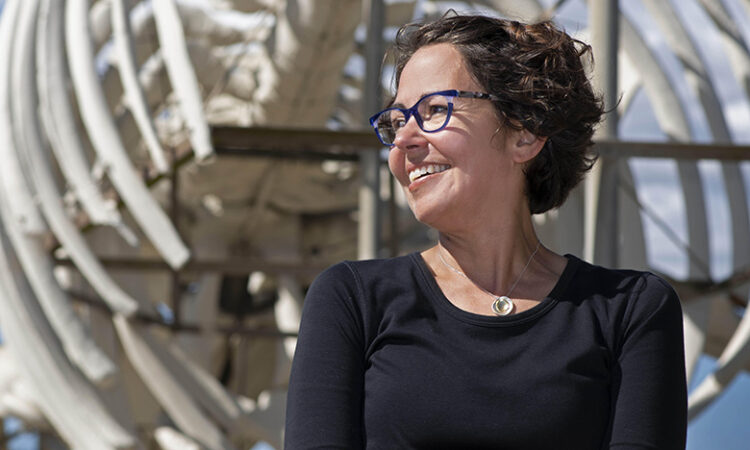
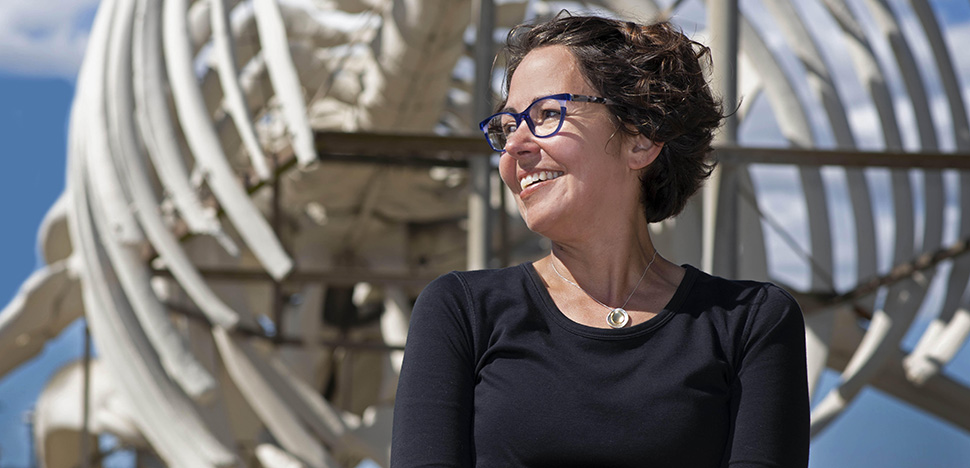
Beth Shapiro, Ph.D., chief science officer at Colossal Biosciences [Photo: Business Wire]
Colossal, the world’s first “de-extinction company,” announced progress in its ancient DNA program that includes implementing over $7.5 million in newly committed funding to Colossal academic partners in 2024, onboarding more ancient DNA researchers, growing a larger network of ancient DNA university partners, and deploying a technology HUB for ancient DNA research.
It’s all aimed at enabling critical new discoveries from ancient DNA through its academic partners that may prove invaluable to how we navigate our changing climate, the company said.
“Ancient DNA is the most complicated DNA on the planet,” Dallas-based Colossal co-founder and CEO Ben Lamm said in a statement. “I think about it as if we are trying to put together a puzzle, but we don’t know exactly what the puzzle looks like or how many pieces are missing. When breakthrough research occurs, it can cascade to improve genomics research for everyone on the planet while really stress testing some of the AI tools that Colossal is building,”
“We want to help the researchers who are chasing breakthrough discoveries because we believe that attempting to do breakthrough science is what really drives true step function scientific change,” Lamm added.

Ben Lamm, co-founder and CEO of Colossal Biosciences [Photo: Business Wire]
Ancient DNA: ‘the world’s discovery sandbox’
Dr. Beth Shapiro, Colossal’s chief science officer and renowned ancient DNA expert, HHMI Investigator, and MacArthur award winner, will lead Colossal’s ancient DNA research and oversee the distribution of funding and development of new partnerships and initiatives for the global community, Colossal said.
“Ancient DNA is a discovery-based science that offers foundational understanding of how species, communities, and ecosystems have evolved over millions of years of habitat and climate change,” Shapiro said in a statement. “By studying ancient DNA we can learn how organisms adapt to climate change, how they reshuffle and reorganize as habitats shift, and how to create resilient ecosystems in the future.”
Under Shapiro’s leadership, the company said it will scale its current work, and continue to bring the systematically underfunded and fractured ancient DNA community together to hasten scientific discovery and breakthroughs.
Ancient DNA—which is DNA preserved in the remains of plants and animals that used to be alive — is at the center of many of Colossal’s projects.
“The past can be thought of as a completed evolutionary experiment that can inform how we decide to manage ecosystems today and into the future,” Shapiro said. “We believe that to support a biodiverse future, we must facilitate ancient DNA research across the world. Ancient DNA is the world’s discovery sandbox and it holds millions of yet to be discovered secrets that we can use to improve our planet’s future.”
Colossal routinely works with universities, field researchers, and Shapiro to extract ancient DNA from animals as diverse as woolly mammoths, thylacines, and birds such as the solitaire — an extinct pigeon closely related to the dodo.
The company said those connections to ancient DNA help research teams illustrate both how powerful ancient DNA is to uncovering evolutionary innovations that were lost to extinction and how presently underfunded and fractured the field is, limiting the field’s ability to reach its full potential.
Benefits of ancient DNA research
Colossal said it has been making investments and forging technology partnerships with university partners all over the world, including Stockholm University, the University of Potsdam, the University of California Santa Cruz (UCSC), the University of Alaska, McMaster University, University of Copenhagen, and Rowan University, among others.
It said those ancient DNA research investments and partnerships in species as diverse as the blue bucks, long-horned bison, Columbian mammoths, dire wolves, giant sloths, great auks, megaloceros (also known as the “Irish elk”), cave hyenas, moas, saber-toothed cats, woolly rhinoceroses, mastodons, tooth-billed pigeons, American cheetahs, giant short-faced bears, and Steller’s sea cows, were made in the belief that the more species that are studied, the more likely it will be for researchers to uncover evolutionary innovations that could help animals adapt during today’s climate crisis.
Colossal said its investments in ancient DNA have already begun to pay off.
Among the new insights from this funded ancient DNA research are novel solutions related to algorithm development for both comparative genomics and DNA synthesis, novel approaches to editing and de-extincting genes, as well as discovery of regions of genomes that are evolving at an accelerated pace.
It said that some of the initial findings are also uncovering new clues as to how populations decline to extinction, and how some species could adapt to future climate change. Colossal said it also will continue to establish new partnerships with research teams around the world that are doing groundbreaking ancient DNA science.
“Hyenas don’t get the attention they deserve. Most people don’t even know that hyenas lived in Europe and Asia until the end of the last ice age. I was very excited when Colossal offered to step up and support my research on the extinct cave hyena through genome sequencing funding when nobody else would,” Michael Westbury, assistant professor, University of Copenhagen, said in a statement.
Colossal said that as part of its planned expansion in the field of supporting external ancient DNA, the company already committed a $500,000 donation to the UCSC Genomics Institute in support of the UCSC Paleogenomics Lab, which will support students and research beginning this summer.
![]()
Get on the list.
Dallas Innovates, every day.
Sign up to keep your eye on what’s new and next in Dallas-Fort Worth, every day.

